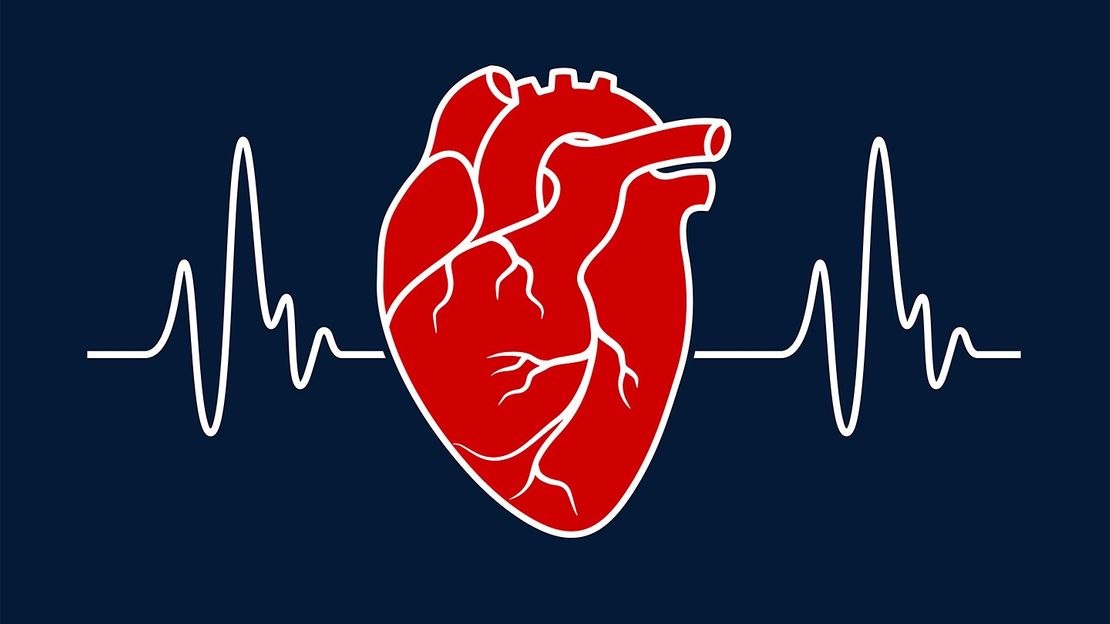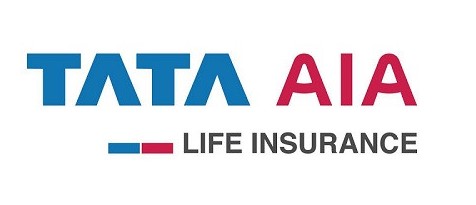Ensuring a healthy heart is vital for overall well-being, and it requires a balanced approach involving diet, movement, and regular monitoring (cholesterol management). In today's fast-paced world, regular heart health assessments and lifestyle adjustments are essential to address any potential risks.
A heart-healthy diet, which includes fruits and vegetables, whole grains, lean proteins, and healthy fats, is fundamental. From our experience, providing a variety of healthy alternatives for daily meal plans makes it easier to stick to the diet.
When it comes to physical activity, incorporating movement into your daily routine can effectively kickstart your health journey. Additionally, focusing on flexibility, balance, and meditation through practices like yoga has proven beneficial in enhancing heart health and reducing stress levels.
Most annual health check-ups include blood tests that measure total cholesterol, LDL (bad cholesterol), and HDL (good cholesterol). According to Alyve Health's corporate baseline, around 13% of people aged 25 to 60 have abnormally high cholesterol levels, and 35% are in the borderline high range. While these numbers are better than the current situation in urban India, they are still alarming, with almost 1 out of 2 people at risk of some heart health issue!
Despite these concerning statistics, less than 5% of annual health check-ups include tests that provide deeper insights into heart health, such as:
- ECG (Electrocardiogram): Assesses heart rhythm.
- 2D Echo: Provides images of the heart.
- Stress Test: Evaluates heart function under stress.
- Angiograms: Detect blockages in the arteries.
One effective approach has been to perform some of these tests post-consultation and as prescribed by a doctor, especially for at-risk individuals. However, we foresee that going forward, some of these tests will become part of a five-year cycle, to be performed at least once every five years.


